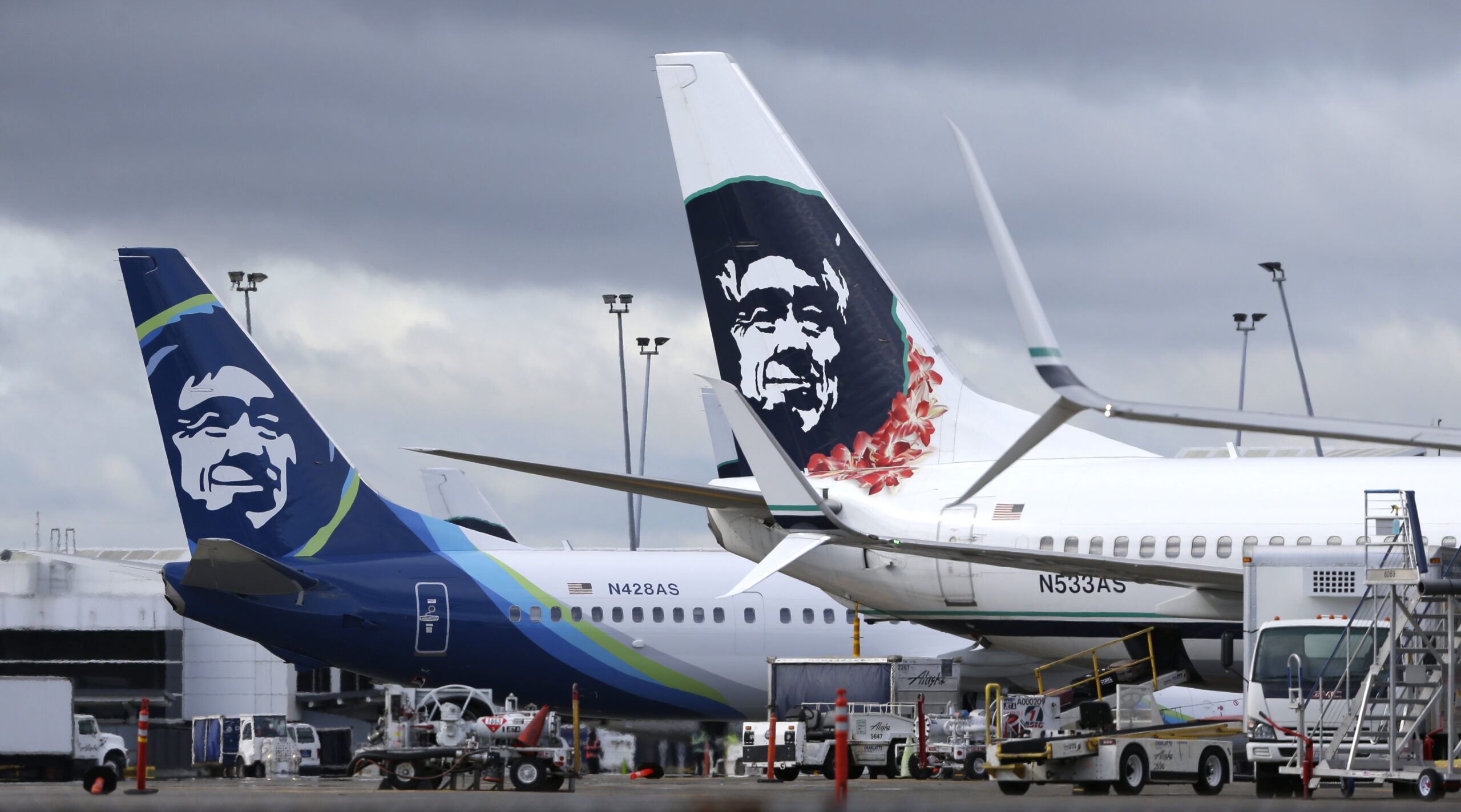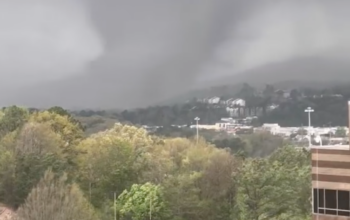Chicago O’Hare International Airport is grappling with significant disruptions, as the Federal Aviation Administration announces a comprehensive two-hour delay for all flights due to freezing conditions.
The airport has enacted a ground delay program, resulting in extended delays anticipated to persist until at least 9 p.m. ET. Prior to this, a ground stop was implemented, suspending all landings and takeoffs until at least 7:15 a.m. This development contributes to a widespread travel chaos, with over 2,000 flight cancellations and more than 10,000 delays reported today, as indicated by data from the flight-tracking site FlightAware.
The extreme weather conditions in Chicago have led to concerns of a potential weather record being broken, with 10.7 inches of snow already recorded this season. Should the current storm bring 9.6 inches or more, the city would surpass the total snowfall of 20.2 inches from the previous winter.
The adverse weather has prompted authorities to take precautionary measures, impacting air travel operations and causing extensive delays. The airport’s decision to initiate a ground delay program reflects the challenging conditions, impacting the scheduling of flights throughout the day and into the evening.
This episode underscores the broader challenges faced by the aviation industry in coping with adverse weather conditions, leading to substantial disruptions and inconveniences for passengers.
The situation at Chicago O’Hare International Airport highlights the complex interplay between weather-related factors, airport management, and the Federal Aviation Administration’s efforts to ensure the safety and efficiency of air travel amidst challenging circumstances. As the weather situation unfolds, travelers and aviation stakeholders navigate the implications of these disruptions, emphasizing the need for resilience and preparedness in the face of unpredictable weather events.

















